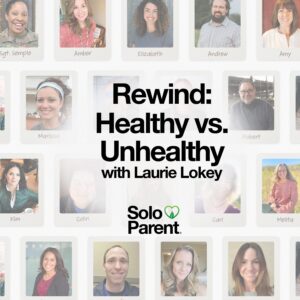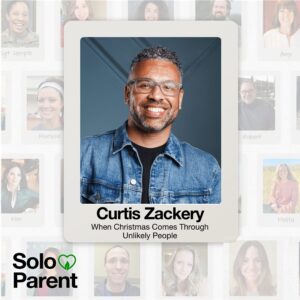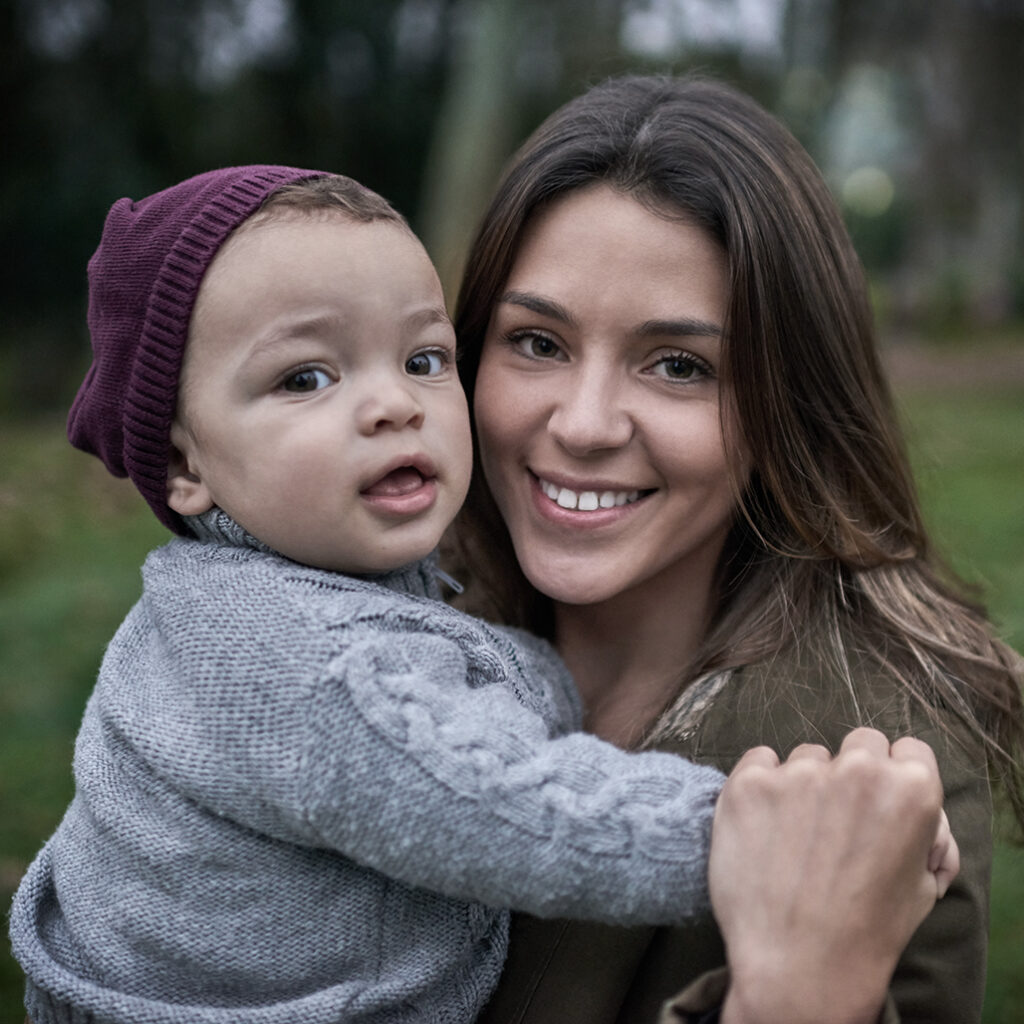Have you ever caught yourself replaying the hurt someone caused you—an ex, a friend, a family member—and felt justified in your anger, only to realize that holding onto it is costing you peace?
For many solo parents, this tension lives close to the surface. We want to protect ourselves and our children from more pain, so we armor up with resentment. Contempt feels safer than compassion. But over time, that same contempt can shrink our hearts, keeping us tethered to the very pain we’re trying to escape.
In this episode, Marissa Lee (author and single parent) joins Elizabeth and Robert as we explore why contempt is so destructive, how compassion can become a doorway to freedom, and why seeing the humanity in others—even those who’ve hurt us—can soften the shame and exhaustion we carry inside ourselves.
Key Insights from This Episode
- Contempt dehumanizes—but compassion restores dignity
- Compassion doesn’t excuse—it frees
- Healing begins when we remember everyone is still human, including us
Contempt dehumanizes—but compassion restores dignity
Researcher John Gottman calls contempt the single greatest predictor of relationship breakdown. It’s not just anger—it’s disgust. It mocks, belittles, and strips another person of their humanity.
Marissa Lee shared how she first recognized contempt in her marriage after reading about Gottman’s research. “It was like a lightbulb went off,” she said. “That’s what’s happening here—he’s treating me with contempt.”
She later discovered betrayal underneath that contempt, but the realization itself changed everything. “For the first time, I had a word for the ache. It helped me understand why I felt so devalued.”
Contempt poisons every form of relationship—romantic, familial, even societal. As Elizabeth Cole put it, “When we communicate with contempt, the results are cruel.” The eye rolls, the sarcasm, the subtle mockery—it all conveys superiority.
Robert Beeson admitted that after his divorce, contempt felt like justice. “If I didn’t hold onto that anger, it felt like I’d be letting her off the hook,” he said. “But in the end, contempt didn’t punish her—it punished me.”
Compassion doesn’t excuse—it frees
Seeing someone’s humanity doesn’t mean excusing their behavior. It’s simply refusing to let their actions define who you become.
Marissa described the turning point in her own story. “When I found out about the affairs, I asked myself, how broken does he have to be to do this? That question didn’t erase my anger—it gave me compassion.”
She went on to share that choosing empathy during her divorce didn’t make her weak; it helped her stay whole. “I wasn’t kind because I wanted him back,” she said. “I was kind because I wanted to be free.”
Elizabeth added, “When we strip someone else of their worth, we subconsciously reinforce our own unworthiness.” Kristin Neff’s research on self-compassion echoes that truth: judging others and ourselves by impossible standards only isolates us further.
Compassion invites us to release the bitterness that keeps us bound. “As long as we hold contempt, we’re still connected to that person,” Robert said. “When we let it go, we become free.”
Healing begins when we remember everyone is still human—including us
Compassion isn’t about reconciliation—it’s about release. It’s about remembering that every person is a complex story of pain, fear, and unmet needs.
Elizabeth shared how learning more about her ex-husband’s story during a marriage intensive softened her resentment. “It made sense why he reacted the way he did,” she said. “Understanding his story gave me empathy—not excuses, but empathy.”
Robert recalled how he once watched the families of victims in the Charleston church shooting publicly forgive the shooter. “It didn’t excuse what happened,” he said. “But it shattered the cycle of hatred and declared the offender still human.”
That story reminded him of what compassion really does—it breaks cycles. “When we choose dignity over bitterness, we stop carrying what someone else has done to us,” he said.
Elizabeth put it this way: “It’s not pity, it’s a deep ache. A sadness for what’s been lost. But it’s also an acknowledgment that we all have value, even when we fail.”
The truth we don’t want to face is that compassion costs something—it costs our pride, our defense, our right to stay angry. But what it gives back is far greater: peace, dignity, and the ability to love again.
Listener Question
“What do I do when my kids talk back or push every boundary I set?”
Robert answered, “Don’t react to every push. Choose your battles. As they get older, they’ll test all of them.”
Elizabeth added, “Boundaries are about agency. It’s not saying ‘stop jumping on the couch.’ It’s saying, ‘If you keep jumping, I’ll remove you from the couch.’ That’s you holding the power, not them.”
Marissa offered a different perspective: “Some boundaries made sense when they were seven but not when they’re seventeen. Re-evaluate. Sometimes being the ‘perfect amount of strict’ means knowing when to let go.”
Resources Mentioned In This Episode
The Gottman Institute – Research from Dr. John Gottman on how contempt predicts relationship breakdown.
Self-Compassion: The Proven Power of Being Kind to Yourself by Kristin Neff – How self-compassion can heal shame and restore empathy.
Boundaries by Dr. Henry Cloud and Dr. John Townsend – A guide to setting healthy, firm limits.
Dr. Becky at Good Inside – Tools for building connection and healthy structure in parenting.
Stay Connected + Get Support
We want to answer any Solo Parent questions you may have. Submit your listener questions HERE.
Additional Resources:




